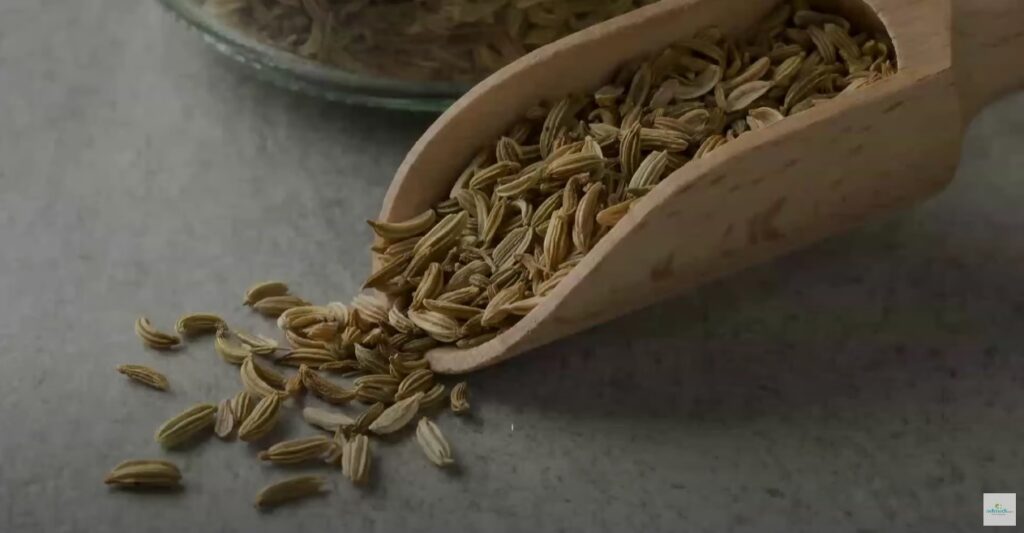Fennel: History And Applications

Fennel, a flowering plant species in the family Apiaceae, has been used for centuries for medicinal purposes, flavoring of food, and decoration. This perennial herb is native to the Mediterranean region, but it is now widely cultivated in other parts of the world, including Asia, Europe, Australia, and North America. Its feathery foliage, yellow flowers, and aromatic roots make fennel an integral part of various cuisines, including Indian, Chinese, Italian, and Middle Eastern. Let’s explore the history of fennel spice and some of its culinary applications.
History of Fennel
The earliest records of fennel date back to ancient civilizations, such as the Egyptians, Greeks, and Romans. The Egyptians regarded fennel as a symbol of longevity and incorporated it into their worship of gods and goddesses. It was also used by the Greeks as a diuretic and to improve digestion, and it was believed to have magical properties that could ward off evil spirits. Similarly, the Romans used fennel for various health benefits, including treating snake bites and reducing inflammation.
During the middle ages in Europe, fennel was used as a strewing herb to cover the floors of buildings to mask the smells of urine and other unpleasant odors. It was also used as an antidote against poison by noblewomen who wanted to protect themselves from being poisoned by their enemies.
In modern times, the use of fennel has diversified as it has emerged as an essential herb in culinary arts. Fennel seed is produced by harvesting the dried flower tops and extracting the seeds from them. Fennel seed has been widely popularized in Italian cuisine due to its similarity to anise seed. Today, fennel is not only used in food but has also become a popular ingredient in cosmetics and perfumes.
Culinary Applications of Fennel
Fennel spice is used extensively in various culinary traditions across the globe due to its distinct aroma and flavor. It can be used as a plant or as a spice, depending on the culinary application. Here are some ways to use fennel seeds and other forms of fennel in cooking:
- Fennel seeds are often used whole or crushed to flavor roasted meat, fish, and vegetables, as well as in bread, cake, and biscuit recipes. They can also be used as a seasoning in sausages, marinades, and spice rubs for meat dishes.
- Fennel leaves, also known as leafy tops, can be chopped and added to salads or used as a garnish for soups and stews.
- Fennel bulbs are often sliced thin and used raw in salads, served with dips and spreads. They can also be grilled or roasted and added to pasta dishes or risotto.
- Fennel pollen is a rare and highly prized seasoning that is harvested from the flowers of the fennel plant. It is known for its intense aroma of licorice and is used to flavor meat and fish dishes, soups and stews, pasta, and risotto.
- Fennel tea is another popular way of consuming fennel in a beverage form. It is made by steeping fennel seeds in hot water for several minutes and straining the liquid. Fennel tea has been known to relieve a variety of digestive problems and is believed to have calming effects.
- Fennel oil is a popular ingredient in cosmetics and perfumes. It has antiseptic properties and is said to have a calming effect on the skin.
Health Benefits of Fennel
Fennel has been associated with various health benefits due to its potent natural compounds. The following are some of the purported health benefits of consuming fennel spice:
- Digestive Health – Fennel is a natural digestive aid that is believed to help reduce gastrointestinal inflammation, relieve constipation and gas, and promote the growth of beneficial gut bacteria. The plant contains anethole, a compound that has antimicrobial properties and can kill harmful bacteria in the gut.
- Antioxidant Properties – Fennel is a rich source of antioxidants that can protect the body against oxidative stress and cellular damage. It contains phenolic compounds like rosmarinic acid, quercetin, and kaempferol, which are known for their potent antioxidant effects.
- Anti-Inflammatory Effects – Fennel has natural anti-inflammatory properties due to the presence of anethole and other terpenoids. These compounds can reduce inflammation in the body and may help alleviate symptoms of arthritis, asthma, and other inflammatory disorders.
- Potential Cancer Protection – Some studies have suggested that fennel may have protective effects against cancer due to its antioxidant and anti-inflammatory effects. It contains flavonoids like quercetin, kaempferol, and rutin, which are associated with lower rates of cancer incidence.
How to Buy and Store Fennel
When purchasing fennel, look for bulbs that are firm, white, and free of blemishes or cracks. The leaves should be green and feathery and not wilted or yellowing. The aroma of fennel should be fresh and distinctly licorice-like.
Fennel can be stored in the refrigerator for up to five days. To keep it fresh, trim the stems and remove any wilted leaves before storing in a plastic bag in the fridge. You can also slice the fennel bulb into pieces or julienne them before storing in the fridge.
To store fennel seeds, place them in an airtight container and store in a cool, dark place like your pantry. Whole fennel seeds can last up to three years, while ground fennel seeds should be used within six months for optimal flavor and potency.
Fennel has been used for centuries for culinary and medicinal purposes. Its aromatic flavor and fragrance make it a popular ingredient in various cuisines worldwide. From roasted meat and vegetables to salads and teas, fennel has an array of culinary applications. In addition to its flavor and fragrance, fennel offers health benefits such as aiding in digestion, reducing inflammation, and protecting against cancer. Fennel spice is versatile, easy to store, and lasts a long time, making it a great addition to any pantry.